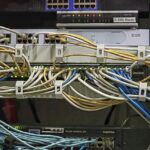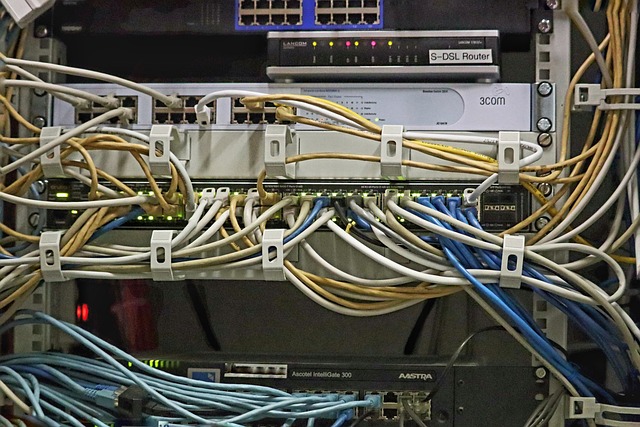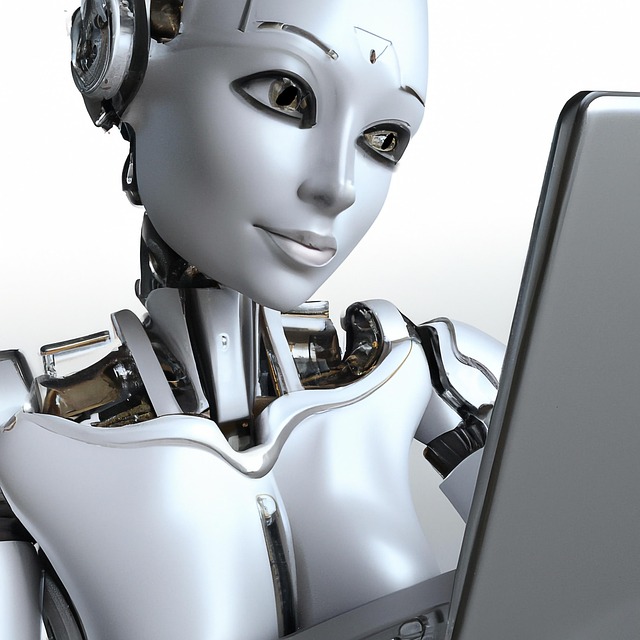# Unlocking AI’s Potential: How Advanced Technologies are Transforming Our Lives and Industries
Artificial Intelligence (AI) has rapidly evolved from a futuristic concept into a practical tool that shapes our everyday experiences and drives innovation across various sectors. As we delve deeper into the 21st century, AI’s capabilities continue to expand, offering transformative solutions that enhance efficiency, productivity, and overall quality of life. This article explores the profound impact of AI on our personal lives and industries, highlighting key advancements and their implications for the future.
## The Personalization Revolution: AI in Daily Life
Personalization has become a hallmark of modern consumer experiences, largely due to AI’s ability to analyze vast amounts of data and derive insights. Streaming platforms, such as Netflix and Spotify, utilize sophisticated algorithms that recommend content tailored to individual preferences. By assessing viewing history, user ratings, and even time spent on specific genres, these platforms create a uniquely engaging experience that keeps users coming back for more.
In addition to entertainment, AI has infiltrated the realm of e-commerce. Online retailers leverage machine learning algorithms to analyze shopping behaviors, enabling them to provide personalized product recommendations. This not only enhances user satisfaction but also drives sales, as customers are more likely to purchase items that align with their interests. Furthermore, targeted advertising powered by AI ensures that consumers are presented with relevant offers, thus increasing the likelihood of conversion.
Healthcare, too, has seen significant advancements through AI integration. Personalized medicine is on the rise, with AI systems analyzing genetic information and medical histories to recommend tailored treatment plans. Patients benefit from treatments specifically designed for their unique genetic makeup, leading to improved outcomes and reduced side effects. As AI continues to refine its understanding of individual health profiles, the potential for personalized healthcare solutions will only grow, fundamentally altering the patient experience.
## Transforming Industries: AI in Business and Manufacturing
The impact of AI extends far beyond individual consumer experiences; it is revolutionizing entire industries. In the realm of business, AI-driven analytics tools provide organizations with actionable insights that inform strategic decision-making. By processing vast datasets, these tools reveal trends and patterns that human analysts might overlook, enabling companies to make data-driven decisions with greater confidence.
Manufacturing has also embraced AI technologies, particularly through the implementation of robotics and automation. Smart factories utilize AI-powered robots to perform repetitive tasks with precision and speed, significantly increasing productivity while minimizing human error. Predictive maintenance, another application of AI in manufacturing, helps identify potential equipment failures before they occur, reducing downtime and maintenance costs. As industries adopt these advanced technologies, they not only streamline operations but also enhance product quality, leading to higher customer satisfaction.
Furthermore, AI’s role in supply chain management cannot be overstated. Advanced algorithms optimize inventory levels, predict demand fluctuations, and improve logistics efficiency. By analyzing historical data and external factors such as market trends and weather patterns, AI systems help companies navigate the complexities of supply chain dynamics. This level of optimization not only reduces costs but also ensures that products are delivered to consumers in a timely manner, thus enhancing overall service levels.
## Ethical Considerations and the Future of AI
Despite the remarkable benefits AI brings to our lives and industries, ethical considerations surrounding its use are increasingly coming to the forefront. As AI systems become more autonomous, questions arise about accountability and transparency. For instance, when AI algorithms make decisions that significantly impact individuals—such as in hiring processes or loan approvals—concerns about bias and fairness emerge. Ensuring that AI systems are developed and implemented responsibly is crucial to maintaining public trust.
Moreover, the potential for job displacement due to automation is a pressing concern. As AI technologies advance, some roles may become obsolete, leading to workforce disruptions. However, it is essential to recognize that while AI may replace certain tasks, it also creates new opportunities. The demand for skilled workers who can develop, manage, and maintain AI systems will surge. Education and training programs must evolve to prepare the workforce for this transition, emphasizing the importance of adaptability and continuous learning.
Looking ahead, the future of AI holds immense promise. Emerging technologies, such as quantum computing, could exponentially enhance AI capabilities, allowing for even more complex problem-solving and data analysis. As we continue to unlock AI’s potential, collaboration between technologists, ethicists, and policymakers will be vital to ensure that advancements benefit society as a whole. Embracing a balanced approach that prioritizes ethical considerations while fostering innovation will be crucial as we navigate the evolving landscape of AI.
In conclusion, AI is undeniably transforming our lives and industries, ushering in a new era of personalization, efficiency, and innovation. By understanding the implications of these advancements and addressing the ethical challenges they present, we can harness AI’s potential to create a future that benefits all. As we continue to explore the possibilities of AI, one thing is certain: its impact will be profound, shaping the way we live, work, and interact with the world around us.











